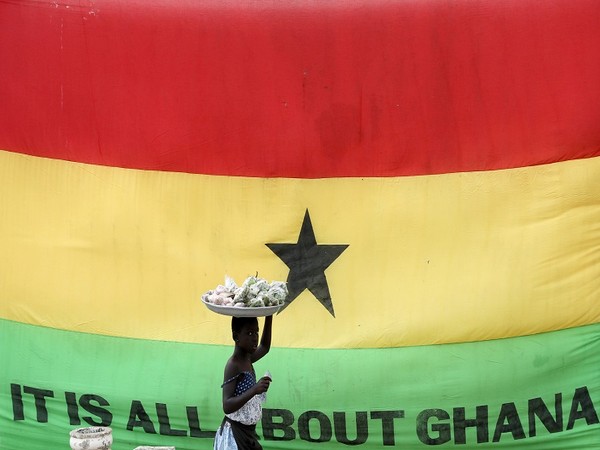Ghana’s New Leadership Urged to Prioritize Human Rights, Gender Equality, and Environmental Protection
The organization emphasized the urgency of addressing systemic challenges, including gender disparities, witchcraft accusations, protest repression, and illegal mining.

As President John Mahama begins his tenure, Amnesty International has called on his administration to seize this opportunity to champion human rights, gender equality, freedom of assembly, and environmental sustainability across Ghana. The organization emphasized the urgency of addressing systemic challenges, including gender disparities, witchcraft accusations, protest repression, and illegal mining.
Despite progress, women’s representation in Ghana’s parliament remains below 15%. The recently passed Affirmative Action Act aims to increase female participation to 30% by 2026 and 50% by 2030. President Mahama’s appointment of Naana Jane Opoku-Agyemang as Vice President signals a commitment to gender inclusivity.
Amnesty International called on the government to ensure women’s active participation in policymaking and public service, addressing entrenched barriers to gender equity. The administration must also support programs that empower women in economic and societal spheres.
Ending Witchcraft Accusations and Ritual Violence
Witchcraft accusations continue to endanger lives, particularly in the Northern and North-East regions. Victims, mostly older women, face abuse, ostracization, and forced displacement into camps. Amnesty highlighted the story of 70-year-old Alimata, who has lived in such a camp for a decade after narrowly escaping a lynching.
Although parliament passed the Criminal Offences (Amendment) Bill in 2023 to criminalize witchcraft accusations, the President declined to sign it into law, citing procedural concerns. Amnesty has urged the new administration to prioritize passing robust legislation against witchcraft-related violence, coupled with a national strategy to dismantle harmful cultural practices.
Protecting Freedom of Peaceful Assembly
In 2024, numerous protests in Ghana were suppressed, with over 50 arrests in Accra alone during demonstrations against alleged corruption. Activists, including Oliver Barker-Vormawor, highlighted the misuse of the Public Order Act, which requires prior notification for protests but has been exploited to ban demonstrations.
Amnesty International called for amendments to the Act to allow spontaneous assemblies and to drop charges against protesters exercising their democratic rights. The organization emphasized the need for a secure and open civic space.
Combating Illegal Mining and Ensuring a Healthy Environment
Illegal mining, or galamsey, has devastated Ghana’s environment. The Pra River’s pollution in 2024 disrupted water supplies to Cape Coast residents, underscoring the environmental crisis.
President Mahama pledged in his first 120-day social contract to halt illegal mining and enforce strict environmental regulations. Amnesty urged the government to uphold this commitment, ensuring mining operations prioritize ecological preservation and community health.
Additional Recommendations
To enhance human rights protections, Amnesty called for the following actions:
- Education Campaigns: Raise awareness about the consequences of witchcraft accusations and environmental degradation.
- Judicial Reforms: Streamline processes to safeguard the rights of detainees and protesters.
- International Collaboration: Partner with global organizations to strengthen environmental and social policies.
A Call for Decisive Action
“President Mahama and his government must act swiftly to address these pressing human rights issues,” said Genevieve Partington, Country Director of Amnesty International Ghana. “Now is the time to translate promises into action, ensuring that every Ghanaian enjoys equality, dignity, and a sustainable future.”
This new chapter offers a pivotal moment for Ghana to become a beacon of progress in West Africa, balancing development with respect for human rights.
- READ MORE ON:
- John Mahama
- Ghana










